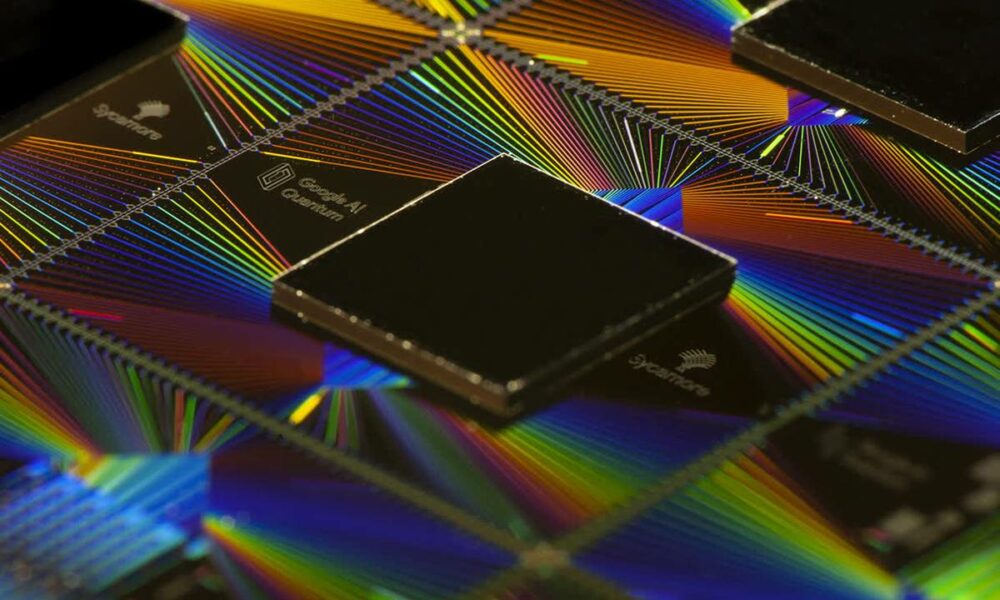Although it doesn’t get much media coverage, quantum computing is an area in which the tech giants are fiercely competing. Google announced in 2019 that it had achieved quantum supremacy with his Sycamore computerbut IBM rejected this claim shortly afterwards, saying that its advantage over classical computing power was not what it claimed.
Quantum computing researchers at Google managed to launch complex calculation in about 200 seconds, a feat that would take 10,000 years to complete according to its version with the most powerful “classical” supercomputer today. This led the search engine giant to declare its quantum supremacy, which is defined as the point at which a quantum device is able to solve things that would not be possible with traditional silicon machines.
However, IBM researchers rejected Google’s claims, saying that with the technology available at the time, the same task could have been accomplished in a matter of days. The question was not whether or not Google was completely lying, but whether or not such superiority was real.
Three years later, Chinese researchers proved IBM right by being able to perform the same calculation in a few hours using 512 graphics processing units (GPUs) and advanced algorithms.. Although the time is significantly longer than the 200 seconds announced by Google, the success of the Chinese researchers leaves the door open for a traditional binary-based supercomputer to compete with Sycamore. In short, the search engine giant never had the huge advantage it announced in 2019.
To summarize the panorama very much, traditional computing, the one that has been with us for decades and that embodies devices such as servers, smartphones, and personal computers, processes bits that can have a value of zero or one. As a result, everything the user sees on the screen is the result of processing sets of zeros and ones.
When it comes to quantum computing, it is based on quantum bits or qubits. Qubits can also have a value of 0 or 1, but with the peculiarity that they can have both values at the same time. and not necessarily one of the two. This opens the door to a very significant increase in computing power, but the results obtained by Google in 2019, while they have merit, were far from something that can hardly be equated with traditional computers.
Sycamore, at least when it was announced in 2019, was a 53-qubit processor. IBM, still a high-tech giant despite not having a leading role in the consumer market, responded in 2021 with the Eagel, a 127-qubit processor. The blue giant seems to have sworn it off to Google as it hopes to break the 1,000 qubit mark sometime in 2023.
